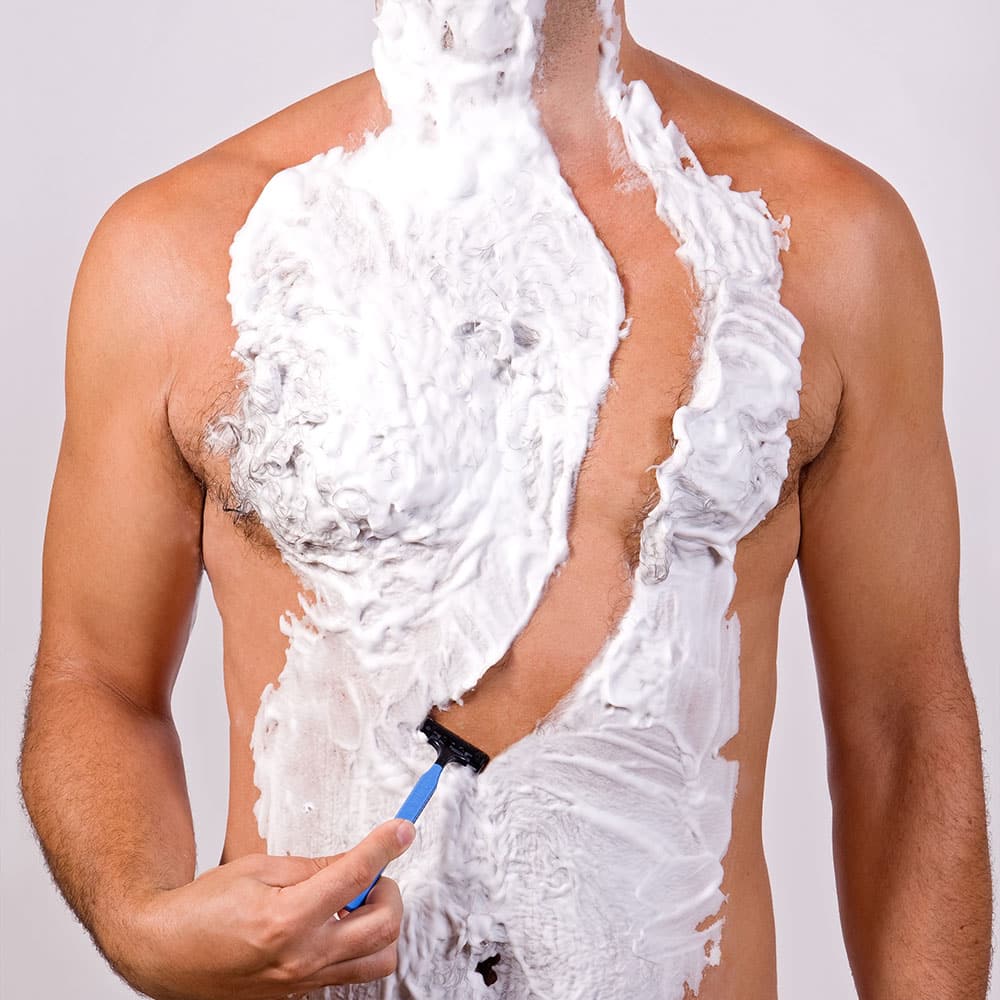As a famous comedian once jokingly said, “God only made a few perfect heads … all the rest she covered with hair!”
As one ages, it’s only natural for hair to wane. Very few individuals have rich thick hair well into their senior years. Most science points to the decrease in natural hormones. Hair retention is most certainly controlled by your individual genetics, however there are other conditions that may influence the overall health of your hair. Your diet, the weather, toxins, pollution, and your overall approach to hair care are influence your hair retention and health.
- Protein is not only a key ingredient to hair itself, but also as a progenitor of hair. Deficient protein in the diet can result in loss of hair, brittle or fragile hair, and loss of hair color. At least 45 grams of protein daily should be included in your diet: eggs, fish, lean meat, poultry, beans, tofu, dairy products,
- Zinc deficiency can cause hair loss. Multivitamin or zinc supplements can go a long way towrd giving your body what it needs without a lot of hassle. Foods that are rich in Zink are:
- Nuts: almonds, brazil nuts, cashews, pecans, and walnuts,
- vegetables
- fruits
- leafy green salads
- plenty of clean, filtered water
- Omega 3 Fatty Acids stimulate hair follicles growth and the sebaceous (fat) glands around them. Omega-3 fatty acids are found in:
- flax seed
- cold-water fish, such as salmon, sardines, and herring
- yogurt
- cottage cheese
- Laser and light therapy: Although the science is light and the treatment regimens vary widely, many thousands of people are treated every year with varying degrees of success. Some swear by it and some swear at it, because it is not cheap.
- Pills and potions flood the market-place, each one claiming success. “Buyer beware” comes into place here, look for real research, not just testimonials.
- Shampoo: How often to shampoo your hair varies greatly; it depends upon your hair type and texture, activities in which you participate, and how often you use hair products. Oily hair requires more frequent washing and dry hair mandates less frequent washing. One must buy the right product for their own hair: curly, dry, oily, straight, artificially colored, bleached, etc. … Check the labels on the bottle, the formations do not vary much, but the ingredients in the better brands do seem to make a difference. Avoid shampoos with harsh ingredients, such as ammonium lauryl sulfate or sodium lauryl sulfate. Experts suggest that one can over-shampoo or shampoo incorrectly. The standard rules of thumb are:
- Avoid using very hot or very cold water
- Don’t wash your hair more than once a day.
- Use only enough of the product to cover your hair.
- Hair is three times more susceptible to breakage when wet, so don’t dry vigorously with the towel.
- Wait till almost dry before brushing or combing, preferably with a wide-tooth comb to detangle,
- Conditioning: Experts seem to agree that conditioning your hair after shampooing keeps your hair softer, shiny, and manageable. They may disagree, however, as to whether a shampoo with built-in conditioner is as good as a separate one, and whether you should condition after every shampoo.
- Hair maintenance tips:
- Get regular haircuts (every 10 to 12 weeks) keeps hair healthier and prevents split ends
- Air drying is better than hair dryers
- When using a hair dryer, start on low heat, avoid high heat for prolonged periods of time if possible
- Change locations of hair pins and clips to avoid localized breakage
- If you dye your hair, choose a shade that’s within three shades of your natural color
- Avoid frequent hair color changes and stripping
- Scalp massage increases blood circulation and may promote hair growth
- Diet and exercise:
- Heating a healthy diet with fruits and vegetables gives your hair all the essential nutrients – vitamins and minerals – to get healthy and stay that way
- Things to avoid for healthier hair:
- overconsumption of alcohol
- low-calorie and crash diets
- decreased thyroid hormone
- excessive stress
- Detoxification, if started early enough may make a difference to people who have been exposed to toxins and heavy metals. Blood and hair testing can reveal many surprises and therefore require many different solutions to detoxification and treatment which may lead to healthier thicker hair.




